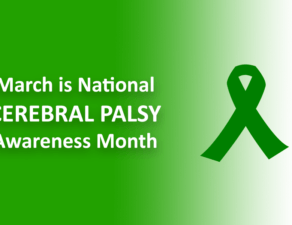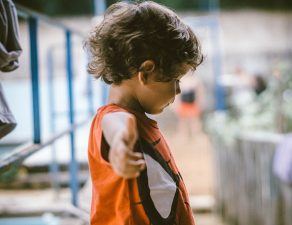
In addition to physical pain and discomfort, having an abnormality like scoliosis at a sensitive age can take an emotional toll. Some effects of scoliosis include relationship issues, low self-esteem and social withdrawal. Having an abnormality during formative years like adolescence can leave a patient feeling singled out because of outward appearances.
“Visible disfigurement caused by scoliosis can have a profound psychological impact on an individual, especially children and teens, which is why it is so important for parents to act quickly and provide proper emotional support before, during and after treatment,” said Dr. David Siambanes, director of the Children’s Scoliosis Center at St. Joseph’s Children’s Hospital in Tampa.
Around one in 25 adolescent girls and one in 200 teenage boys develop scoliosis, a condition that can develop due to abnormal growth, bodily injury or as a complication of cerebral palsy, muscular dystrophy, and other central nervous system disorders.
In 2015, the CDC calculated teenage suicide among boys had increased by about 30 percent since the mid-2000s, while the suicide rate for teenage girls has hit a 40-year high. With the recent spike in teenage suicide, medical professionals are giving increased attention to the emotional effects of scoliosis and how to cope.
According to Siambanes, parents need to convey the importance of following the doctor’s orders while remaining sensitive to the impact scoliosis can inflict on a young person’s self-identity and self-confidence.
“Scoliosis can cause a lot of distress and confusion for young people. These emotions need to be addressed as part of the healing process,” said Siambanes. “Speak with your child’s doctor about the best strategies for them and if resources like scoliosis support groups could be beneficial.







